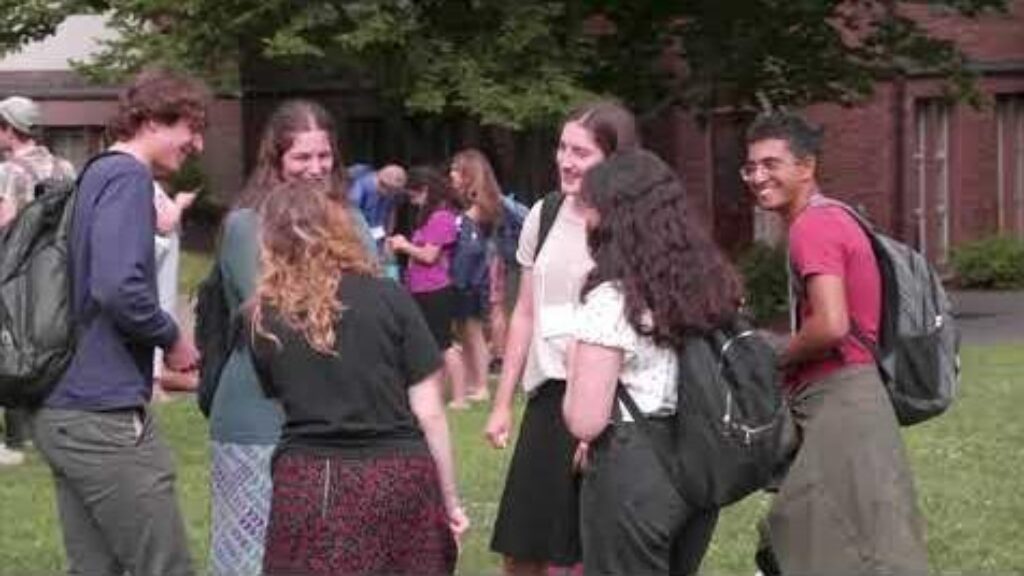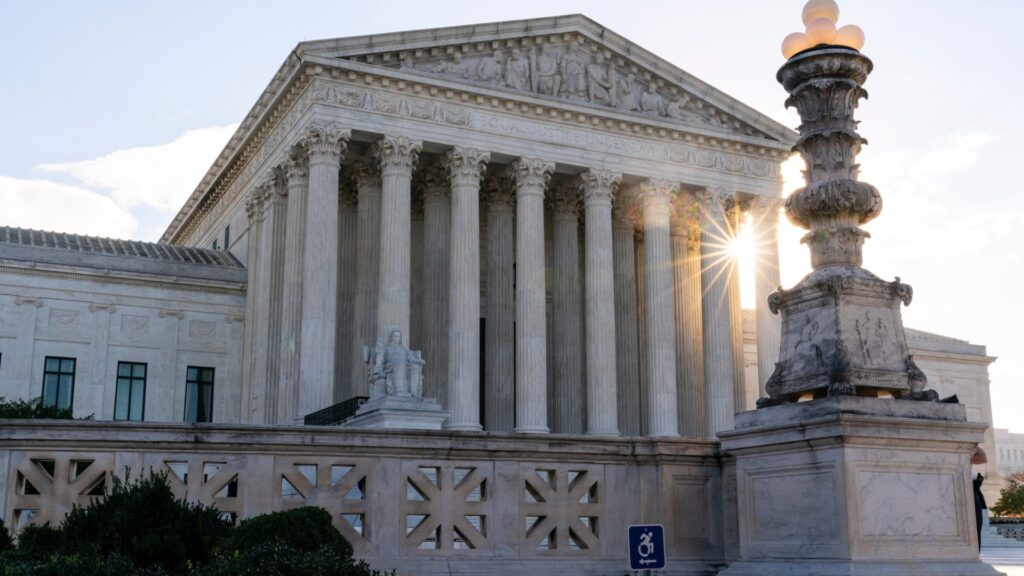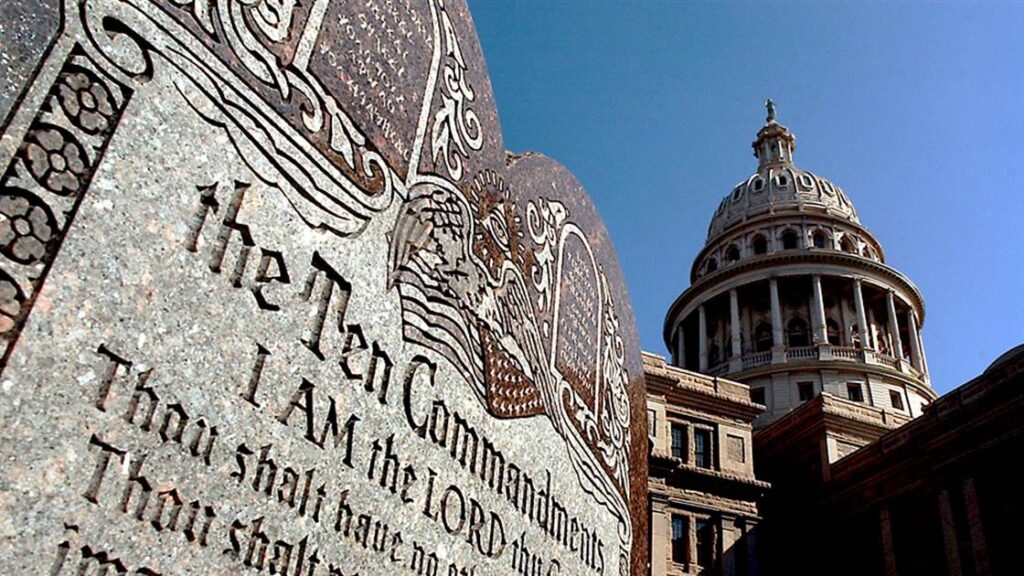Regaining our Power Through Knowledge: The Solution to Rising Anti-Semitism on Campus
Lir Yissar, Solomon Fellowship Class of 2024
It is clear that anti-Semitic attacks are on the rise in North America. In the United States, the Anti-Defamation League (ADL), a U.S.-based international Jewish organization that specializes in civil rights law,reported that 2021 saw the most anti-Semitic attacks since 1979 with a total of 2,717 incidents of assault, vandalism, and harassment against the American Jewish population. This averages out to more than seven incidents per day and a 34% increase year over year. Similarly, in Canada, B’nai Brith’s audit showed that there were 2,799 anti-Semitic attacks, an overall increase of 7% from 2020 to 2021. Although as Jews we may like to convince ourselves that these anti-Semitic attacks don’t target Jewish youth, universities have become breeding grounds for anti-Semitism. As a passionate Jew, outspoken Zionist, and proud Canadian citizen, the fear of stepping onto a Canadian campus while my peers are passionately denouncing and targeting a significant component of my being makes it clear that my Canadian interests and Jewish interests have come into conflict.
The average person applying for university or college normally considers the following: which school is the best for my field of interest? I, like many other young Jews today, must take another question into account: what are the rates of anti-Semitism on this campus? The number one school in Canada—the University of Toronto, also ranked 18th best in the world—recently passed a pro-BDS (Boycott, Divestment, and Sanctions) motion that called on its union to “wholly divest funds and further on forbid investment to firms complicit in the occupation of Palestinian Territory.” This motion is a clear attempt to isolate and delegitimize Israel by divesting funds and prohibiting investments that support the state. In doing so, it goes against the very core of my Jewish identity, and that of many others. It also requires me to make the choice between what I cherish more: my education or my being. This problem is familiar to the American Jewish population. A report by the ADL shows that during the 2021-2022 school year, there were 359 anti-Israel incidents on American university campuses, many of which can be properly characterized as anti-Semitic. The University of Vermont turned away sexual assault survivors from the sexual harassment prevention club because of their Zionist ideologies. The University of North Carolina at Chapel Hill offered a class on the Israeli-Palestinian conflict taught by an instructor who had previously vocalized hostile views against Israel. At Rutgers University, a student club called to defund Rutgers Hillel. These students publicly condemned the university’s “investments in apartheid Israel, and prominent campus Zionist organizations such as Hillel,” which, according to the IHRA working definition of anti-Semitism, is an anti-Semitic statement.
For many, choosing to study in these post-secondary schools also means deciding to “lay low” on campus, hiding the Star of David jewelry that was once worn proudly every day, or simply keeping quiet when the hatred periodically rears its ugly head. In the moment, these small decisions may seem harmless, but, after years on campus, hiding our identity when faced with anti-Semitism is bound to create resentment towards our surroundings. We will be left questioning the morality of our peers, teachers, dean, and, most sadly, the country in which we are studying, whose laws and educated elite allow for this hatred. The resentment against our country of origin and residence is the most dangerous possible outcome; it can trigger feelings of isolation, anger, and disgust that lead to a lack of pride and loyalty to one’s country. The only way to ease this unhealthy tension is through education.
The famous notion that “knowledge is power” is the solution to the problem Jewish students face today. Most Jewish students rely on our emotional connection to our Judaism, and, while this is a crucial element, it cannot be the only solace. We must have the intellectual foundation to understand that our Judaism and Zionism are convictions to be deeply proud of. It is essential that we seek out books, podcasts, and other forms of self-education. My own recommendation is to learn with peers through different kinds of Jewish and Zionist programming. Hasbara and StandWithUs are organizations that offer students educational programs that focus on empowerment on campus and beyond. Through these opportunities, we can learn and articulate wholeheartedly the reasoning behind our pride in Judaism, and with this knowledge, we can hope to ease the tension between our country and our identity. Jews must understand that we have the power and institutional backing to fight back and voice our opinion in hostile environments, hopefully eliminating the bitterness that rests within many demoralized Jewish students.
The rise of anti-Semitic crimes is frightening and the prevalence of these crimes on university campuses is no less troublesome. The heartbreaking reality is that Jewish people applying to university in today’s environment face a constant internal struggle. Am I okay with hiding my identity to get the education I want? What do I cherish more, my degree or my soul? With the frequency of these questions, it is clear that Western interests have come into conflict with individual and collective Jewish interests. Rather than accepting defeat in this time of attack, the only thing left to do is turn to the books. We must learn more about what it means to be Jewish; study our people’s history and how we arrived at this moment. We must work towards the point where if we face an attack on campus, we know with all our heart and all our mind that we are in the right. By gaining this knowledge, young Jews will gain confidence, and while it may not end the tension that arises on campuses, it will certainly ease the pain.
Ms. Lir Yissar is a junior at Bnei Akiva Schools of Toronto. She resides in Toronto, Canada.
Suggested Reading

A New Viewpoint on Diversity
Often, it seems that the people who talk about diversity never visit diverse communities. People seem to think that diversity is based on how one looks. True diversity is not about how someone looks, but how they act.

The Dangerous Descent of American Free Speech
Decisive action must be taken in the fight against individual liberties - the future of the American experiment our Founders fought to preserve is at stake.

The Tanakh Roots of Core American Values
To many, what constitutes American values is obvious: private property, civil liberties, the rule of law, and political equality, to name a few. But these values are hardly exclusively American. In fact, these notions are often the extension of ideas first found directly in the Tanakh.

“Judge Your Kin Fairly”: The Jewish Response to Cancel Culture
The internet leaves people free to judge and shame others without remorse. Should Jews take part in this culture of shame, or would Jewish tradition say this is taking accountability too far?